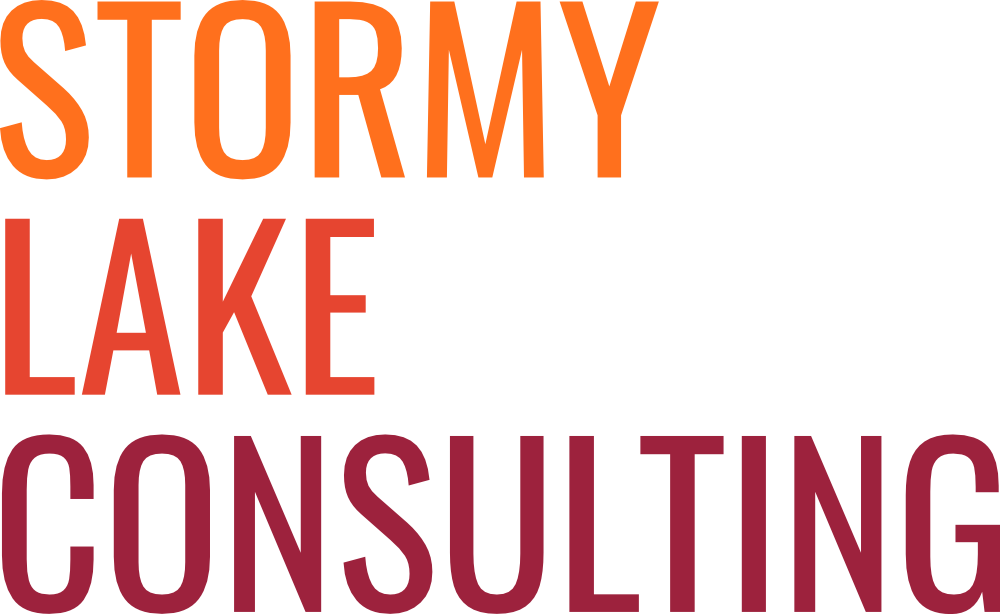The Facts of Life Weekly COVID Update
The beginning of July usually feels like a glorious entry into a fleeting summer, but this equinox is more like a reflective new year. People are talking about how much the world has changed in just four months.
The website isidewith.com traces social issues in Canada. The top 10 issues that mattered in early 2020 (whether pro or con) were:
Lagging far behind in 20th place was the use of economic stimulus to aid the country in times of recession.
Most of what we are talking about now was not on this list just four months ago. While the triggers for the current focus may be obvious, some issues like Black Lives Matter have ebbed and flowed in prominence for years without resolution. Why do they rise and fall?
Sociology has some insights.
One is that social problems change. If in the late nineteenth century there were no traffic fatalities, then we would not expect carriage-created traffic fatalities to have been discussed as a social problem. The second reason is that what is perceived as a social problem may change. There may have been people who suffered from domestic violence in the late nineteenth century, but their situation was perceived not as a social problem, but rather as a “fact of life” or as the consequence of mere individual misfortune – neither of which would make it a social problem.
((By this line of thinking, one of the major social issues of the 1980’s was the long-running sitcom, “The Facts of Life.” Warning: If you are over the age of about 36, do not click on this link. It’s an earworm.))
What makes one issue a social issue and the other not is the important distinction between what is considered to be ‘private’ (to be handled within households or communities) and those which are ‘public’ (to be handled through forms of social intervention).
((As you probably know, George Clooney is married to distinguished human rights lawyer and social justice advocate Amal Alamuddin Clooney. Most people don’t know that he starred in season 4 of The Facts of Life.))
When dealing with issues, we can appeal is to a sense of social justice or to a sense of social order. Social justice implies that steps need to be taken to reverse or compensate for the inequalities that arises from particular social arrangements. Social order implies that those who do not conform to accepted and widely understood standards of behaviour need to be taught or helped to do so. Many times, it seems that social justice and social order can be in conflict with each other making it difficult for many people to get behind the issue.
“I have almost reached the regrettable conclusion that the Negro's great stumbling block in his stride toward freedom is not the White Citizen's Counciler or the Ku Klux Klanner, but the white moderate, who is more devoted to "order" than to justice; who prefers a negative peace which is the absence of tension to a positive peace which is the presence of justice…”
Martin Luther King, Jr., Letter from a Birmingham Jail
There is a deep-seated and widely held belief that “people get what they deserve and deserve what they get” (and its close cousin “everything happens for a reason”). This can get in the way of people interpreting an issue as one of social justice that needs a social response.
Let’s not overlook the fact that just about every social issue has its own t-shirt.
If you need some constructive procrastination, you can read this interesting summary of the sociological understanding of social issues from The Open University. It’s a long but worthwhile read.
Other facts of life can be very uncomfortable to deal with. Having “The Talk” with children and teens can be awkward and it is not always that effective. Some children’s beliefs about where babies come from
“When the mommy and daddy kiss for a very long time.”
“They come from eggs that pop out of a mommy's butt.”
“From the baby store. They have them in cages and stuff.”
“eBay.”
“Mommy goes to McDonald’s, orders the McBaby and then it grows in her tummy until she poops it out.”
“Babies come from vegetables. That's why I don't eat them.”
On a serious note, we worked on some complex social issues a couple of years ago and one of the most important preventative factors is how old your children are when you have The Talk about sexuality. Most parents are not comfortable until their child is in their mid-teens, yet most children need the talk when they are 12. This gap leaves several years of vulnerability, filled with information from peers and the Internet.
One social issue projected to arrive is a COVID-generated baby boom, starting this December. An apocryphal belief exists that times of crisis when couples spend significantly more time together result in a (diaper) rash of births. The ice storms in Quebec, Ottawa and Toronto are cited as examples.
Evidence does not bear this out. Births increased marginally, or not at all and most reporting was anecdotal. In 2008, researchers published a paper in the Journal of Population Economics (yes, there’s a journal for everything). It found that low-severity storm advisories are associated with a positive and significant fertility effect and that high-severity advisories have a significant negative fertility effect. In severe storms, there are just too many other things to worry about.
Another consideration is that the decision to have children is partly an economic one – can we afford them? The threat COVID places on our financial security may decrease our desire to have children. Not to the mention that forced confinement with your partner might make you less attractive over time, rather than more.


